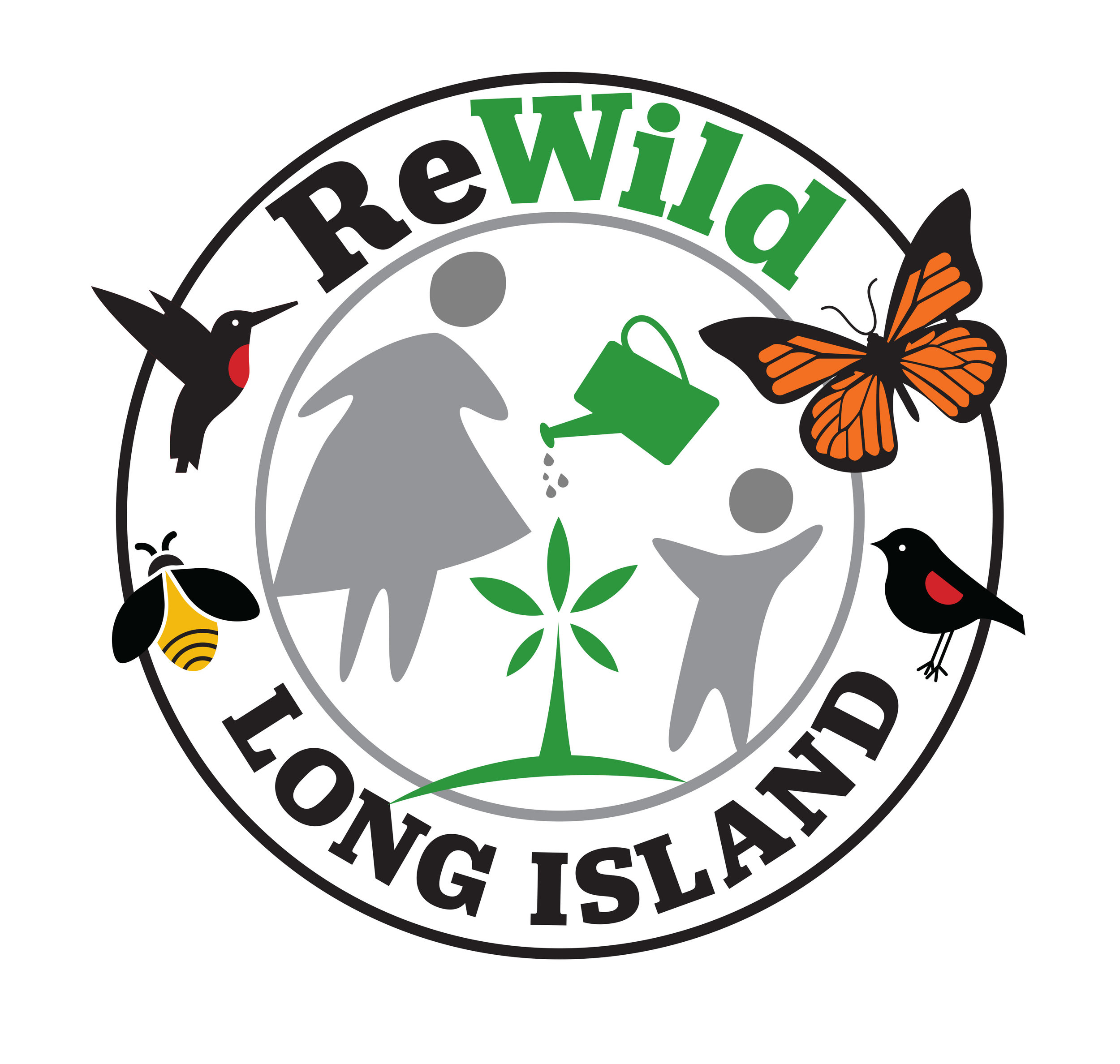Johanna’s Hope
Aquebogue, NY
Johanna’s Hope empowers people with different abilities by facilitating social connections and accessible environments to explore art and nature at Jo’s Farm and throughout our local community on the North Fork of Long Island.
Our brand new ReWild garden is providing access and creating awareness about native plant gardening to our program participants, their families, and caregivers, as well as Johanna’s Hope supporters. The garden is situated at the front of the Johanna’s Hope property in the middle of an accessible driveway, complete with a vertical and horizontal wheelchair-friendly walkway.
The goal is to continue transforming Jo’s Farm into as sustainable a space as possible. We are proud to use compost from our 17 resident chickens to enrich the soil of our native garden.
We also feed any edible by-products of the garden to our goats and chickens.
We are already noticing how hardy our new native plants are and how happy our resident honeybees and many other pollinators are to have such wonderful blooms to forage on.
As a small and thoughtful non-profit organization, this grant opportunity is truly a perfect complement to the purpose and objectives of Johanna’s Hope. Observing and helping to maintain the balance of nature as the purest of all the arts is at the heart of what we seek to impart to all who visit Jo’s Farm.
Get involved with the ReWild garden at Johanna’s Hope, please email eileenbenthal@johannashope.org.
Explore Art & Nature on Jo’s Farm through their webite: https://johannashope.org/

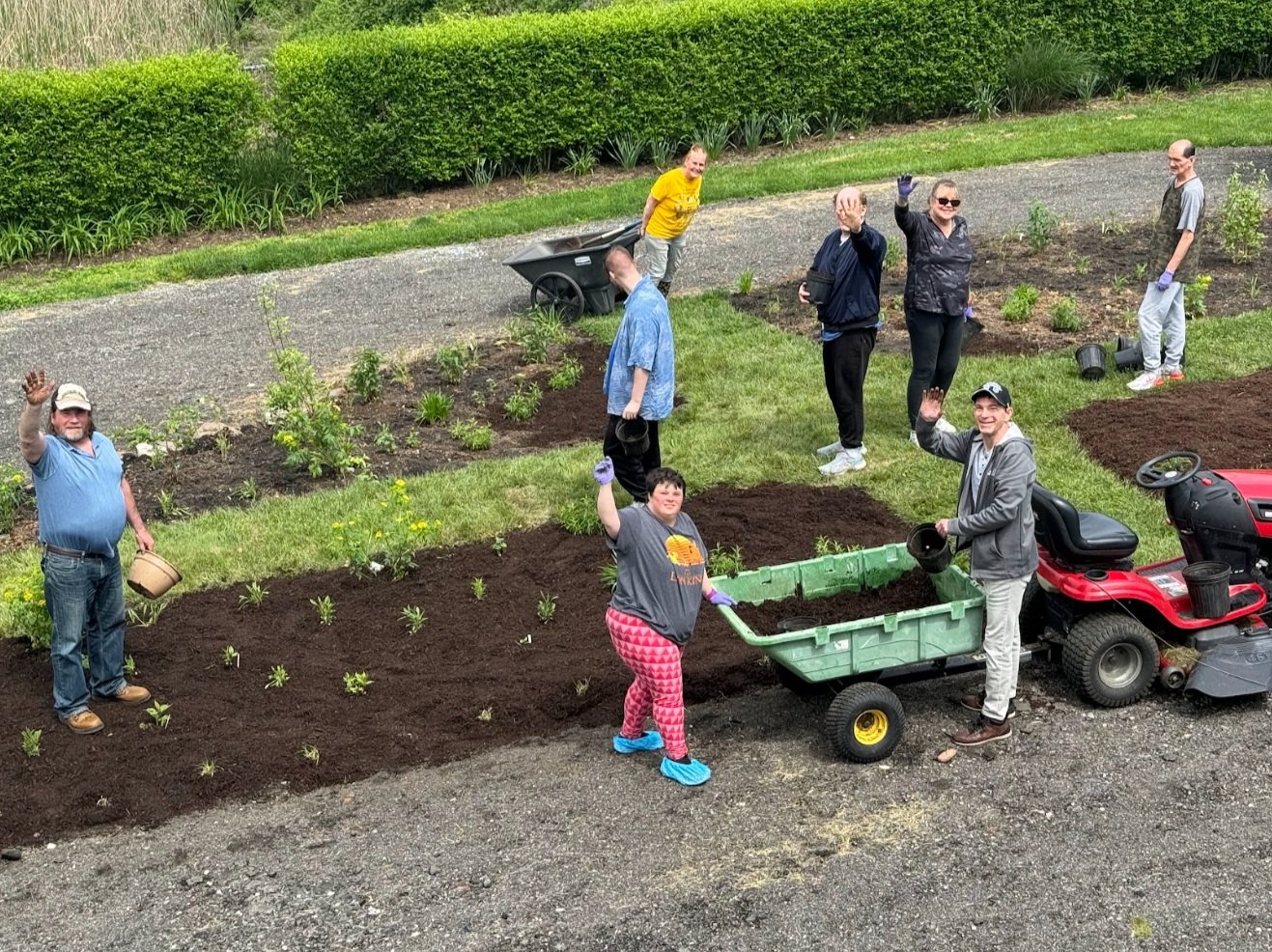
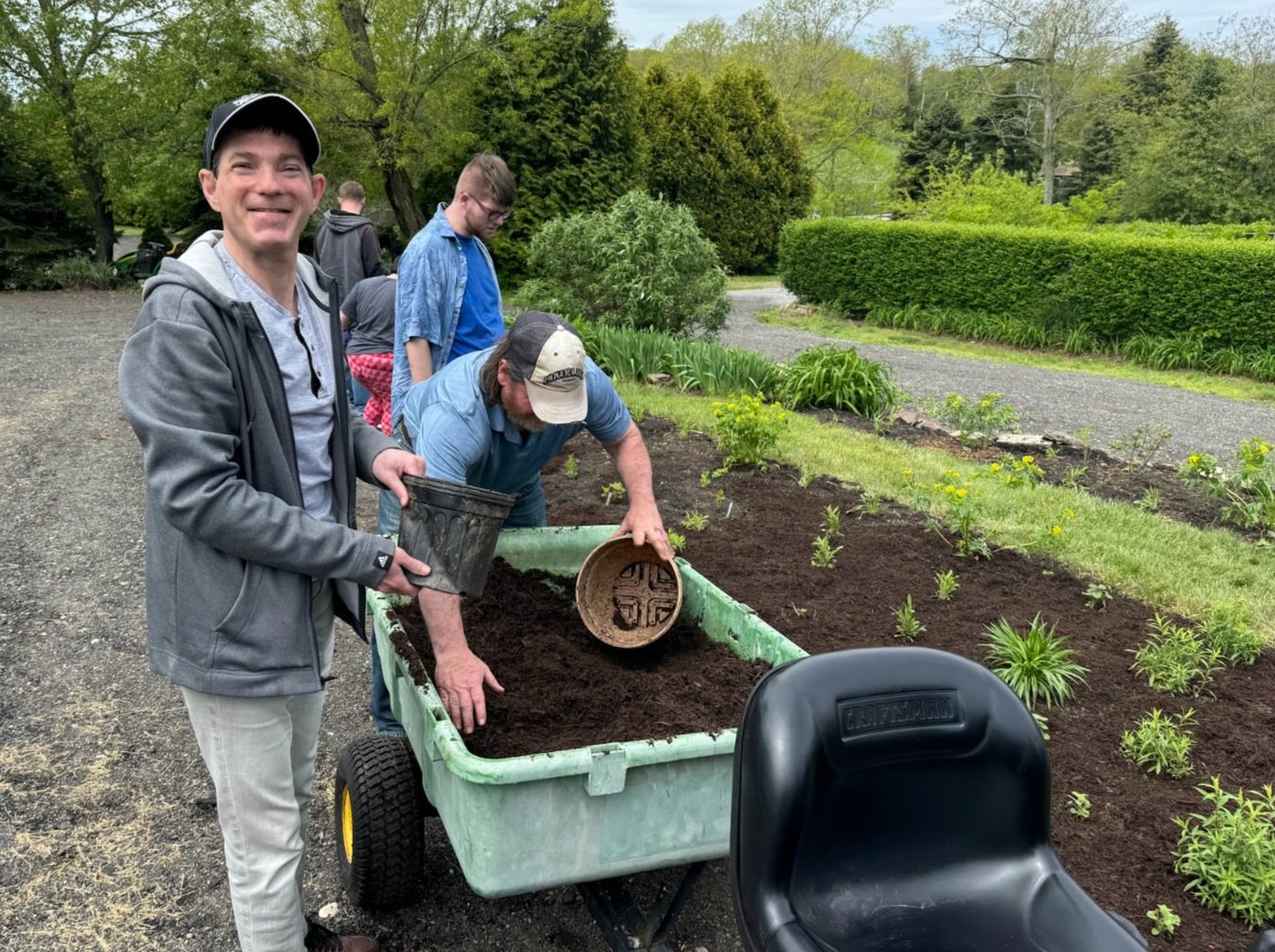
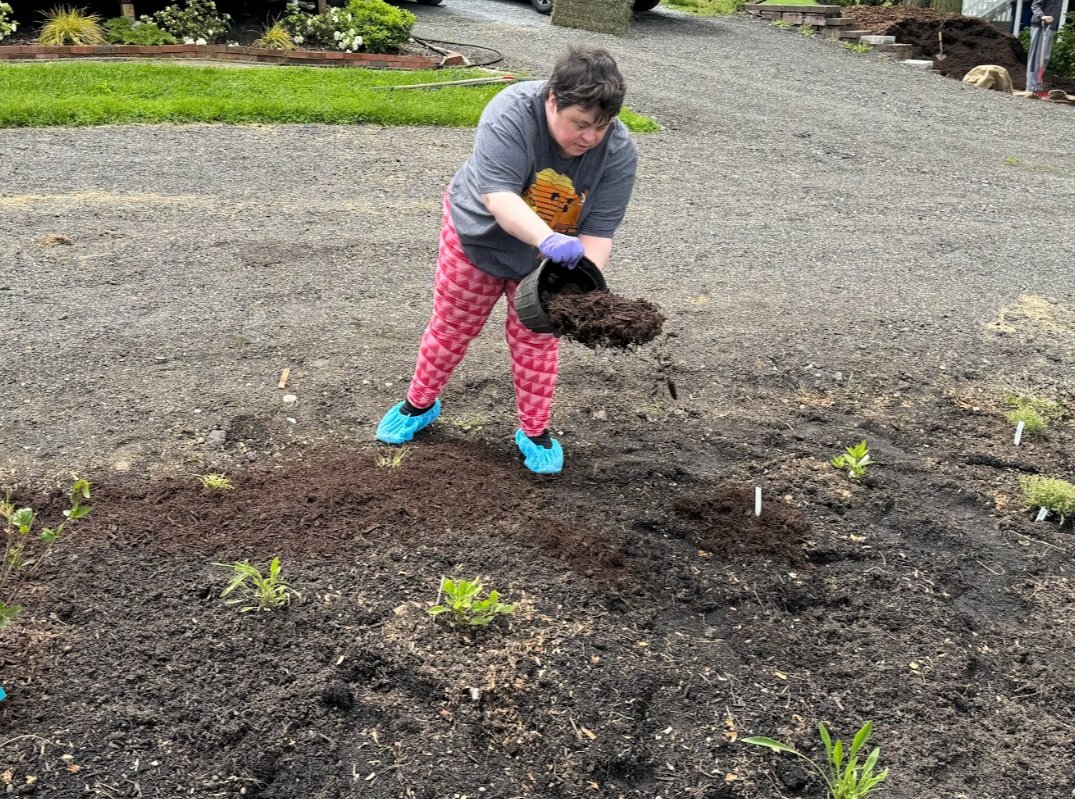

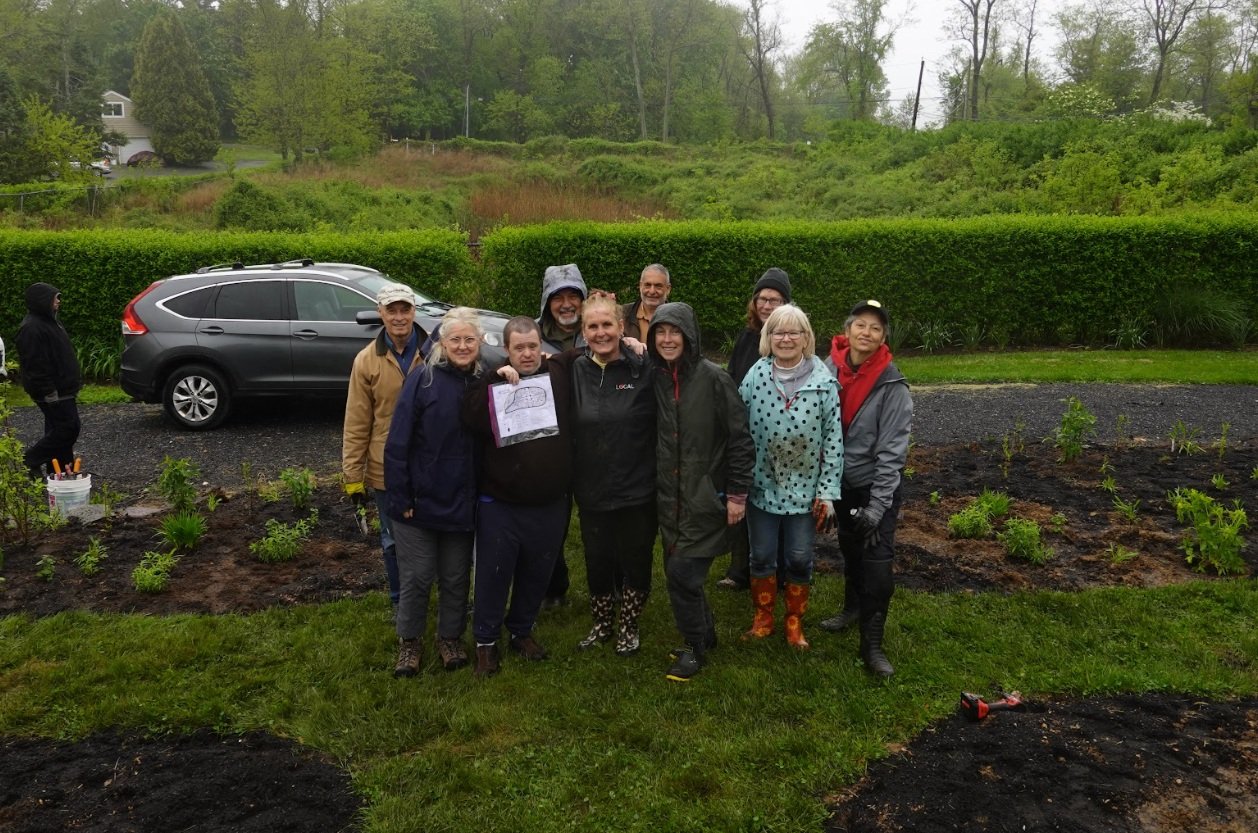





A Year-End Reflection from Jo’s Farm (2024):
“The Johanna’s Hope ReWild Garden has become an integral part of programming for our 30 regular participants comprised of individuals ages 18-60 of all ability levels who visit twice per month. This year, the garden also hosted over 100 attendees of the Johanna’s Hope annual fundraiser, 15 children of visiting young families ages 6-12, and 20 volunteer gardeners from the neighborhood civic association.
These different groups have all been further educated about the importance of native plants and pollinators, counting butterflies and bees, and observing incredible seasonal changes in the garden. Next year we plan to highlight the garden in one of the program’s major art projects.
Our favorite part of the garden is observing its various bloom cycles. There is always a flurry of activity. In fact, our resident bees had a record harvest of 33 pounds of honey this year! Our least favorite part is weeding, but the garden has really filled in rapidly and is largely self-sufficient.
Our favorite plant is the long-lasting New York Aster, which has served as the centerpiece for the purple edges of our garden that honor the memory of a very dear friend of Johanna’s Hope.
The most important lesson the Johanna’s Hope native garden has taught us is to learn to cooperate and not compete with nature.”
